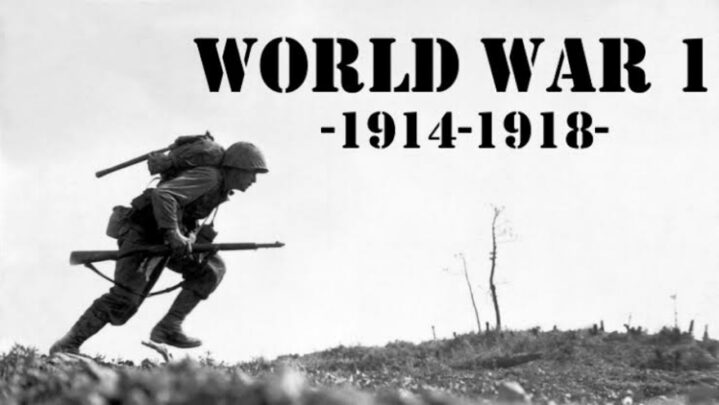World war 1 was a global war that started from 28 July 1914 to 11 November 1918. This war was also known as the great war. The world war was between Germany, Bulgary, Austria-Hungary, Ottoman Empire against Great Britain, France, Russia, Italy, Romania, and Japan. The war lasted for four years killing almost 8.5 million soldiers and leaving many disabled. A huge economic crisis was caused because of the war.
A treaty of Versailles was signed in1919 in Paris, this was a peace treaty and along with this treaty, the war came to an end. Moreover, the Treaty of Versailles is remembered for doing more to lay the foundation for a second, even more, devastating international war than for paving the way for durable peace.
There are numerous explanations for this. It’s difficult to imagine any sovereign state simply giving in and accepting terms like severe cuts to all branches of its military, a 13 percent reduction in its territory, the loss of all of its colonies, punitive reparations, and, as the clincher, direct responsibility for the entire hellish war itself.
Above all, it was this last condition — included in the treaty to justify reparations payments — that grated on the German cultural psyche. The requirement that Germans bear responsibility for the war, dubbed the “war guilt provision” in Germany, highlighted that the pact was “dictated” rather than negotiated. And this clause, as well as the broader outrage at the overbearing peacemaking process, encouraged the emergence of the extremists on both the right and left, Nazi and Bolshevik.
However, following the Treaty of Versailles, such extremism was not unavoidable. In 1923, Germany experienced hyperinflation, and a young Adolf Hitler was sentenced to prison for high crimes after conspiring to topple the democratically elected German government in the Beer Hall Putsch.
The Paris peacemakers deserve a lot of credit for establishing a new body, the League of Nations, to govern and resolve international conflicts. It was not their fault that the United States Senate voted to keep America out of this promising international organization. Even in its limited and under-resourced existence, the League achieved concrete diplomatic results. The Free City of Danzig was overseen, the Swedish border conflict was negotiated and banking institutions were established for various Eastern European nations.
Nonetheless, all of these attempts were hampered by the psychological harm inflicted on Germany by Versailles. When the German delegation entered Versailles Palace solemnly, they were not participating in a genuine act of reconciliation, but rather were receiving a stern reprimand. The most terrible aspect of the war was being compelled to bear full responsibility for it.
Nobody was more affected by it than Adolf Hitler, who pontificated on “the war guilt question” incessantly. His political campaign’s central tenet was to free Germans from the Versailles Treaty. As a result, in the midst of an economic crisis brought on by the crippling consequences of reparations, Hitler came to power, rebuilt the German military, ceased reparations payments, invaded the Rhineland, and annexed Austria – all in blatant violation of the Treaty of Versailles and this led to the crashing of world peace was the beginning of World War 2.
Keep reading successyeti.com





